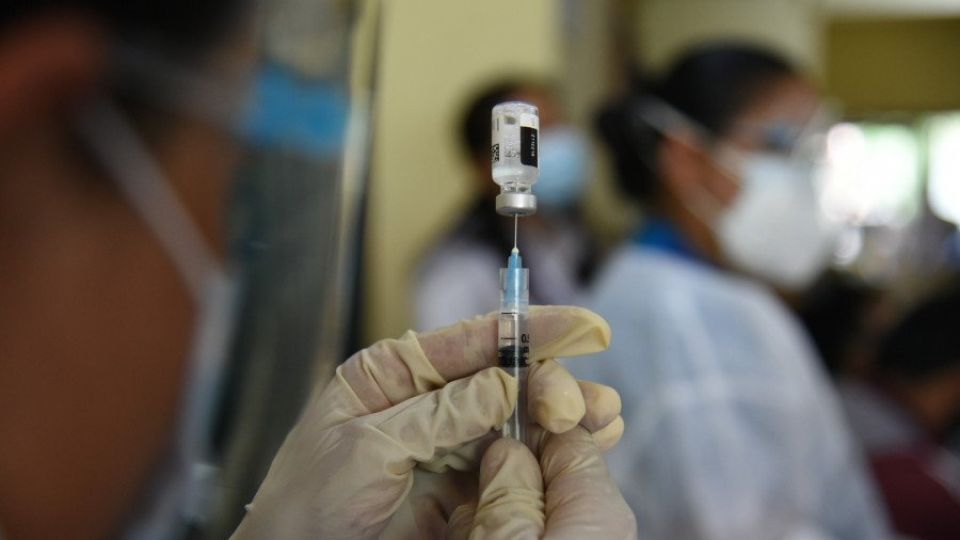May 24, 2023
KATHMANDU – Although the infection and severity rates of Omicron’s XBB.1.16 sub-variant have been waning of late, the Ministry of Health and Population said it will continue its Covid vaccination drive.
Officials say that the virus is still circulating in communities and vulnerable populations—elderly people, those having compromised immunity, people with comorbidities, pregnant women and frontline health workers—are still at a risk of catching severe infection.
“We will continue our Covid vaccination programme,” said Dr Abhiyan Gautam, chief of the immunisation section at the Family Welfare Division under the Department of Health Services. “People are still getting infected and some are also getting severe infections.”
On May 5, the World Health Organisation declared that Covid no longer constitutes a public health emergency of international concern.
The UN health body had cited several factors that have brought down Covid-related deaths, hospitalisations and admissions to intensive care units—“high population-level immunity from infection, vaccination, or both; consistent virulence of currently circulating SARS-COV-2 Omicron sub-lineages compared to previously circulating Omicron sub-lineages; and improved clinical case management.”
Gautam said even if the infection and severity rate of the infection of coronavirus has waned, the risk of infection has not subsided.
Currently, Omicron’s sub-variant XBB.1.16, a hybrid lineage of two Omicron sub-variants, has been spreading in Nepal. On Monday, six people tested positive for the coronavirus, four in 313 polymerase chain reaction tests, and two in 522 antigen tests. The number of active cases stands at 64.
Meanwhile, the Health Ministry said that the COVAX facility, the United Nations-backed international vaccine-sharing scheme, will supply the additional doses of Pfizer-BioNTech’s Covid-19 bivalent vaccine, but only after three weeks.
“We have requested for 1.5 million doses of coronavirus vaccine from the facility,” said Dr Surendra Chaurasia, chief of the Logistic Management Section under the Department of Health Services. “We are told that supply will start after three weeks.”
The bivalent Covid-19 vaccine includes a component of the original virus strain as well as a part of the Omicron variant that provides broad protection against Covid-19.
The vaccine is called a bivalent Covid shot as it contains two components—the original virus strain and Omicron BA.4 and BA.5 sub-variants. Doctors say a bivalent Covid vaccine may also be referred to as an “updated” Covid vaccine booster dose.
Officials say due to the low uptake rate of the vaccine, they have been delaying the import of the vaccine doses. In the first phase, the health authorities administered second booster shots to vulnerable groups—people above 55 years old, those having compromised immunity, frontline health workers and pregnant women. Later, it was opened to the other groups as well.
Nepal so far has used Covid vaccines developed by the University of Oxford and the pharmaceutical giant AstraZeneca, manufactured in various countries of Europe, India and Japan, the Chinese Vero Cell, and the US-made Janssen, Moderna and Pfizer-BioNTech.


